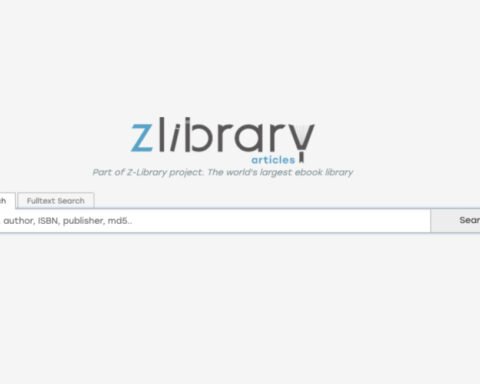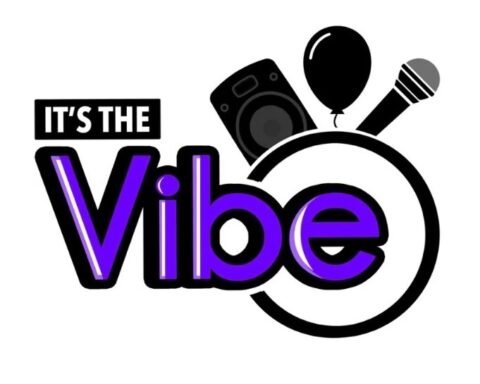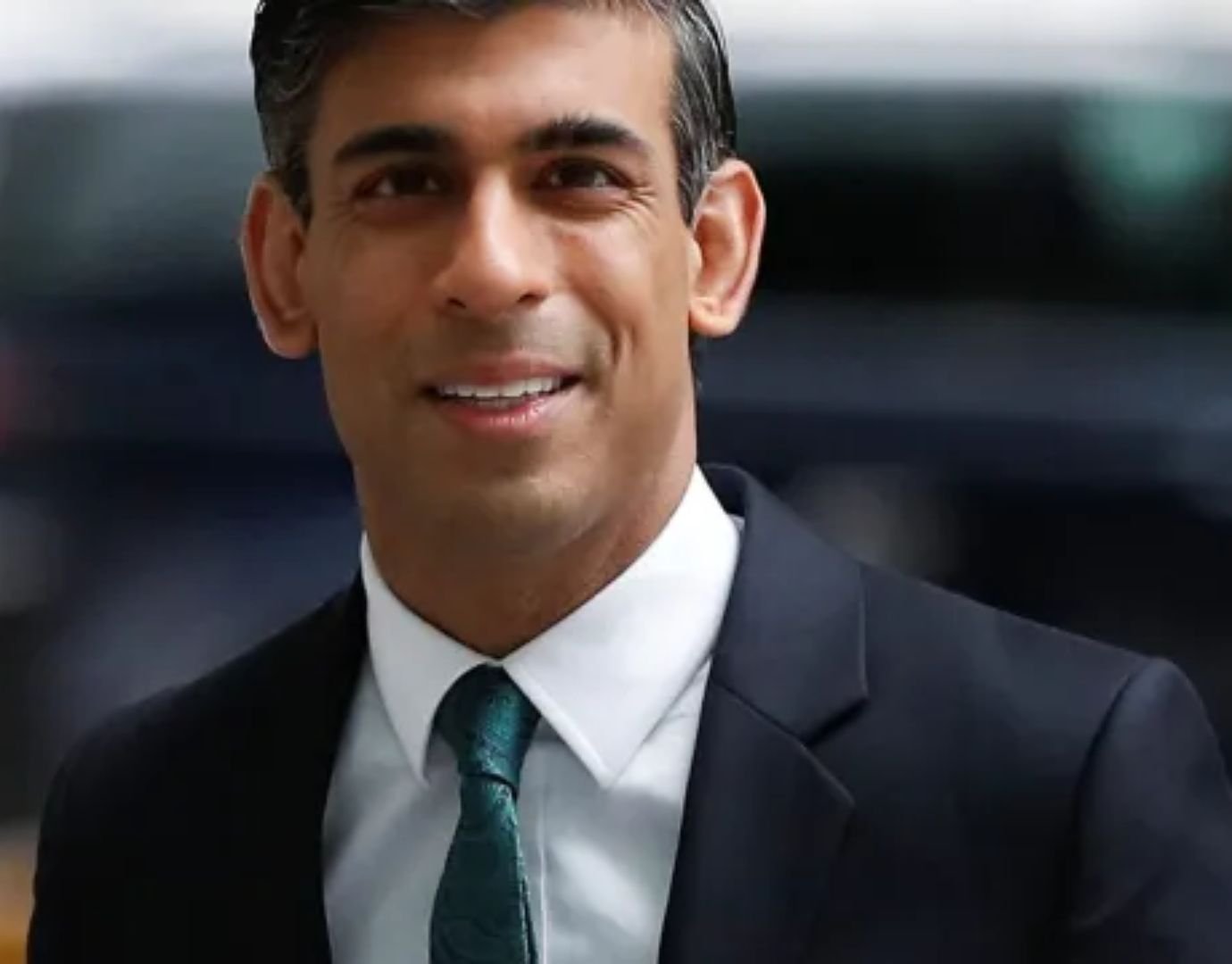The global outbreak of monkeypox has been called a “public health emergency of international concern” by the World Health Organization. This puts it on the same level as diseases like Covid-19, Ebola, and polio.
It was last used for Covid-19 more than two years ago, and under international health rules, it has the highest ranking. Even though the WHO started using the word “pandemic” for Covid in early 2020, it does not have the power to do so.
The WHO’s director-general, Tedros Adhanom Ghebreyesus, made the decision public on Saturday. We have an outbreak that has rapidly expanded over the world thanks to novel transmission mechanisms that we don’t fully understand, he said.
Tedros said that a WHO panel couldn’t decide, but because of international health standards, he decided to make the announcement anyway, acting as a tie-breaker.
He said that the risk of monkeypox was still low everywhere except in Europe, where it was “high.”
Even though the action doesn’t do much more than bring attention to the issue, it paves the way for more funding and strong international collaboration on monkeypox research, which some experts have said has been lacking.
The disease was first found decades ago. It has only recently been found on all inhabited continents, but it is native to sub-Saharan Africa.
The Geneva-based health organisation says that most of the more than 16,000 confirmed cases of monkeypox have been in men who have had sex with other men. At least five people have died in African countries, according to the WHO.
Health officials have warned that the disease could spread to people who are more likely to get sick if it is not stopped.
Rosamund Lewis, the technical director for monkeypox at the WHO, stressed that the disease is still manageable because it seems to affect only a small group of people. There are also good defences, like an antiviral drug and a vaccine that are usually used to treat smallpox.
Governments are competing for supplies of both, and in some places, like the UK, New York City, and parts of Canada, health officials have made it easier for more people who might be at risk to get vaccinated. Officials say that some European countries might do the same thing.
A new study in Nature Medicine suggests that the virus may change faster than was thought before.
When the panel that was supposed to make the evaluation met for the first time in June, people who knew what the WHO was talking about said that there were different ideas about whether monkeypox should be called a public health emergency of international concern (PHEIC).
There are those who want to avoid drama, those who want to draw more attention to themselves, those who don’t want the WHO to be criticised for its tardy response, and those who believe that nothing will change in the response, according to one person.
A second person with knowledge of the conversations said that the health organisation was afraid of being accused of “going too far.”
When the decision was made, the WHO said that there was a consensus and listed a few situations in which it could be changed. In 2020, the WHO was criticised for taking too long to name Covid a PHEIC. They were told that the process had become too political.
The head of epidemics and epidemiology at the Wellcome Trust, Josie Golding, says that a new outbreak in underserved areas and a disease that is common in Africa pose a “dual challenge.”
She said that if this pandemic is to be stopped, governments must take it more seriously and work together around the world.



















